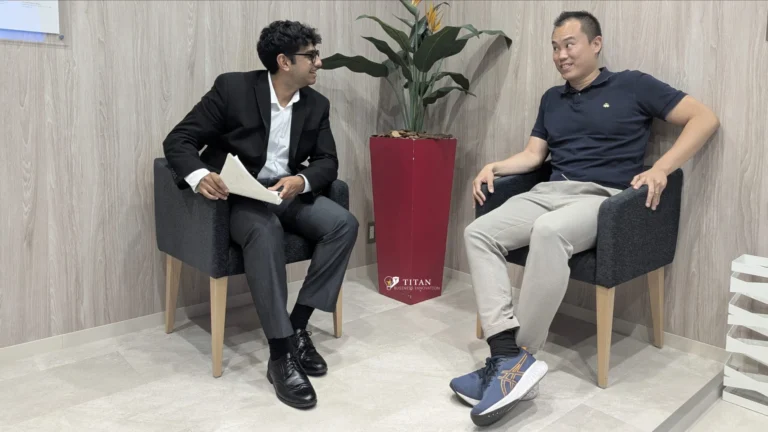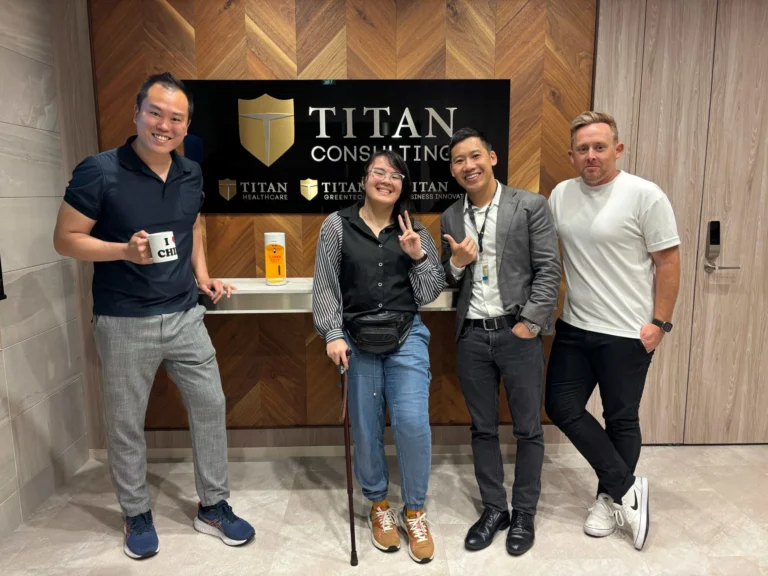
QA Engineers are the hidden heroes behind the growth of software development. They ensure that products meet high standards and are problem-free before being placed into the hands of customers. However, Quality Assurance (QA) Engineers often face unique challenges and obstacles that can hold back their career advancement and well-deserved promotions. Together, we’ll dive into some of these clear reasons behind these growth barriers and understand how the key role of QA Engineers differ from other career paths in the world of technology.
One of the reasons behind a QA Engineer’s lack of promotion is the mental state that they are only useful as an extra hand to others. QA Engineers are often seen as support or secondary workers, rather than the key members of the main product teams. This view of oneself can limit a QA Engineers’ visibility of their self-worth and delay recognition for the promotion-worthy contributions that they give toward projects and their teams.
Strategy: To put a stop to this, QA Engineers should interact in all phases of the software development lifecycle. By participating in necessary team gatherings, design meetings, and product strategy sessions, QA Engineers can show their full value and prove themselves as key contributors to a project’s success. By attending initial design meetings for new additions of data and providing details on possible edge cases, participating in user scenarios can showcase your experience and commitment to a project’s success from the beginning.
Another reason that causes QA Engineers to miss out on promotions and new opportunities is the limited range of influence they have in their experiences. The traditional roles may include identifying bugs and issues. However, QA Engineers may not always have the opportunity to extend into broader areas of product improvement or user experience.
Strategy: A QA Engineer can expand their role by adopting newer practices, such as Quality Engineering. Don’t focus on finding weak spots, but rather, focus on improving a project’s overall developmental process. Additionally, try to propose and lead initiatives that enhance automation, promote better testing practices, and improve CI/CD pipelines to increase the strategic influence within the team. Initiating a project to implement automated regression testing can greatly reduce the time required for manual testing, which can then speed up the release cycle. This can save time for the team, which can then be focused on other important tasks. Building in new and helpful procedures like these can underline your proactive approach to projects.
A third reason that contributes to a lack of new opportunities for QA Engineers is the struggle between becoming a specialist in a certain area, or an individual who can do everything with basic skills. Becoming highly specialized in specific testing tools or methodologies can prove to be a great benefit to the team. However, while focusing on a specialty is valuable, it may not align with the evolving needs or future direction of the company.
Strategy: Broaden your skills beyond the traditional Quality Assurance tools and techniques. Try to learn about new software development practices, engage with new and emerging technologies like AI in testing, or gain mastery in security testing. This approach not only makes QA Engineers more multi-skilled and adaptable, but also more in-line with future technological needs in their company. A suggestion to follow would be to take an online course in AI-driven testing methodologies and apply the new techniques to create more intelligent and efficient test cases. Becoming adaptable to new changes in the technological world can highlight your commitment to continuous learning and product innovation.
Additionally, the absence of a vocal supporter or mentor within the organization can hold back a QA Engineer’s promotional prospects, especially in environments where peer recommendation plays a significant role in career advancement. It is essential to have another well-known individual or manager who can back up your work and its quality.
Strategy: Become driven to build relationships within and outside your current team. Identify mentors and leaders who can provide guidance and personally support your contributions. Engage and interact in cross-departmental projects to help grow your network and expose yourself to influential stakeholders and partners. Reaching out to a senior developer or manager for monthly mentoring sessions can be extremely helpful in putting a spotlight on your achievements to the leaders in upper management.
On a daily basis, QA Engineers solve complex problems behind the scenes. However, these solutions may not be seen by the key decision-makers of the company. If the people in leadership don’t see how your work directly benefits the product or customer experience, it can be hard to justify a promotion later on.
Strategy: Make your problem-solving skills more noticeable to others by documenting and sharing case studies of particularly challenging issues you have resolved. Present these solutions and findings in team meetings or company-wide newsletters to highlight how your work as a QA Engineer directly contributes to the organization’s success. Write down cases where you identified critical bugs and errors that would have caused significant user dissatisfaction if released, and then share these solutions and their impacts. As a result of these actions, your contributions can become more visible to the company leaders.
Lastly, in some organizations, cultural or structural barriers might limit the recognition and promotion of people in QA roles. For example, within a certain company culture, developers may be prioritized and valued more than QA engineers and their contributions.
Strategy: Work towards changing this perception of certain positions holding more importance than QA by showcasing the ROI (Return on Investment) of effective QA practices through data and success stories. Participate in or lead sessions that teach and inform others about the importance of QA in delivering high-quality products. In addition, organizing “lunch-and-learn” sessions to present data on how QA efforts have led to fewer post-release issues and defects, as well as higher customer satisfaction, can help shift these cultural perceptions.
Understanding the unique challenges and implementing the strategies mentioned above can pave the way for recognition and career advancement for QA Engineers. By increasing their role’s visibility, broadening their influence, diversifying their skills, building strong advocacy networks, demonstrating their problem-solving capabilities, and addressing cultural perceptions, QA Engineers can work towards increasing their opportunities for role promotion and gaining acknowledgment of their necessary role in the organization’s success. Engaging in cross-functional workshops with peers to discuss and solve recurring issues can further showcase competent leadership and problem-solving abilities to the entire organization.






